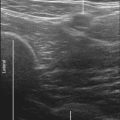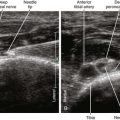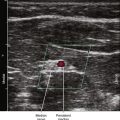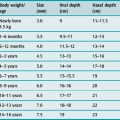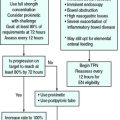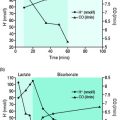
Why Evidence-Based Care Matters
Recovery doesn’t come with a standard template. Some people need medication, others formal therapy or peer support. What is consistent, however, is that evidence-based treatment increases long-term recovery rates. These treatments are studied, tested in clinical settings, and proven to reduce relapse risk.
The most effective therapies used today include: Cognitive Behavioral Therapy (CBT), Dialectical Behavior Therapy (DBT), Medication-Assisted Treatment (MAT), and group therapy.
Cognitive Behavioral Therapy (CBT)
How It Works
CBT focuses on changing negative thought patterns that drive addictive behavior. You learn how thoughts, feelings, and actions are connected. By identifying triggers and challenging distorted thinking, you replace unhealthy behaviors with healthier responses.
Benefits
- Raises awareness of relapse triggers
- Enhances problem-solving ability
- Reduces depression and anxiety linked to substance use
- Helps you create a personalized relapse-prevention plan
CBT is practical. Instead of only talking about problems, you practice skills that apply to daily life. For example, instead of turning to substances under stress, you learn to pause, reframe your thoughts, and use healthier coping strategies.
Dialectical Behavior Therapy (DBT)
How It Works
DBT is a form of CBT designed for people who struggle with intense emotions and self-destructive behaviors. It is especially useful for those dealing with trauma, depression, or borderline personality disorder. DBT teaches emotional regulation and interpersonal skills.
Benefits
- Provides tools for distress management without substances
- Promotes mindfulness and present awareness
- Strengthens relationships through better communication
- Builds resistance to cravings and relapse
DBT combines acceptance with change. It helps you accept your current state while moving toward healthier choices. For many, this balance of accountability and compassion makes recovery more sustainable.
Medication-Assisted Treatment (MAT)
How It Works
MAT combines medication with behavioral therapies. It is most effective for opioid and alcohol use disorders. Medications such as buprenorphine, methadone, and naltrexone stabilize brain chemistry, reduce withdrawal symptoms, and block drug-induced highs.
Benefits
- Reduces relapse and overdose risk
- Manages withdrawal symptoms safely
- Improves long-term recovery when paired with counseling
- Allows therapy participation without constant cravings
MAT is not “trading one drug for another.” Instead, it uses FDA-approved medications as a bridge to stability. When combined with therapy, MAT gives your body and mind the time and space needed for recovery.
Group Therapy
How It Works
Addiction often isolates people. Group therapy helps break that isolation. In a structured setting, you connect with others facing similar struggles, guided by a therapist who facilitates discussion, skill-building, and relapse prevention.
Benefits
- Encourages accountability and peer support
- Reduces feelings of isolation and shame
- Provides practical advice from people in recovery
- Reinforces consistency with shared goals
Group therapy also prepares you for life outside of treatment. You practice communication, boundary-setting, and giving and receiving support—skills essential for lasting recovery.
Combining Therapies for Long-Term Success
The most effective recovery plans combine multiple approaches. For example, someone might use MAT to manage withdrawal, CBT to reframe thought patterns, and group therapy to build support networks. This multi-layered strategy addresses both the physical and psychological aspects of addiction.
Facilities like Drug and Alcohol Rehab Pennsylvania and Addiction Treatment Center in Arizona use these evidence-based practices to promote long-term recovery. Through structured care, therapy, and supportive communities, they provide environments where real change happens.
Taking the Next Step
When exploring treatment options, look for programs that integrate evidence-based methods. These approaches are backed by decades of research and give you a higher chance of maintaining sobriety, rebuilding relationships, and improving overall health.
Recovery is possible. With the right combination of therapies, you can move beyond survival and build a healthier, more fulfilling future.

